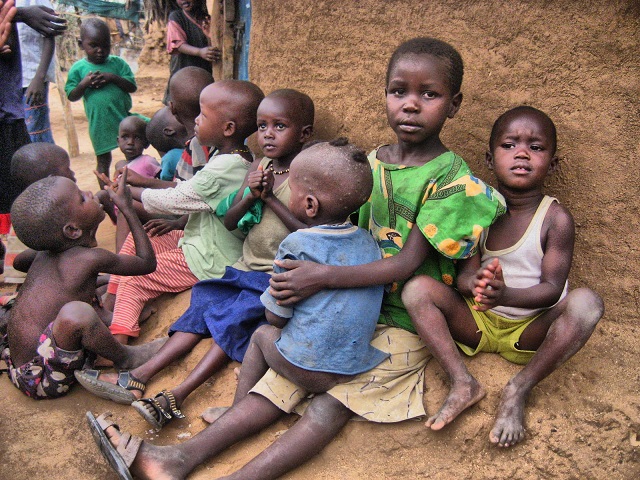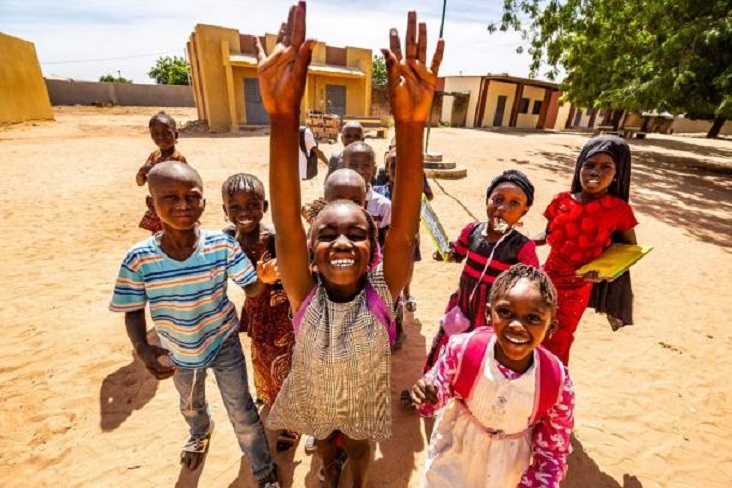The Problem
The Out-of-School Children Crisis: A Silent Emergency
The Big Picture

Across Nigeria, more than 18 million children are currently out of school. That’s 1 in every 5 out-of-school children globally. In Lagos State alone, the number has surged to over 500,000, with many of these children living in urban slums like Mushin. Behind these staggering numbers lies a deep-rooted crisis—one that isn’t just about poverty, but about broken family systems, emotional trauma, and societal neglect.
Despite government efforts, education remains out of reach for millions due to:
- Dysfunctional family backgrounds
- Economic hardship and inequality
- Neglect and lack of emotional support
- Poor infrastructure and government policy failures
- Cultural and gender-based barriers
- Violence, insecurity, and displacement
These children often fall through the cracks, forced into child labor, exposed to violence, or trapped in a cycle of hopelessness. They lose out on the basic right to learn, to dream, and to break free from poverty.
Zooming the Lens

But in Mushin, the story is even more urgent. Studies reveal that restiveness and youth crime in this area are closely linked to lack of education and family instability. When homes are broken, schools are abandoned.
This isn’t just an educational crisis—it’s a societal ticking time bomb.
The long-term effects include:
- Increased youth crime and violence
- Early marriages and teenage pregnancies
- Substance abuse, mental health challenges, and social exclusion
- Loss of national productivity and talent
- Perpetuation of poverty across generations
At May-Six Foundation, we are not just treating the symptoms. We are tackling the root.
By strengthening families, healing emotional wounds, and addressing poverty head-on, we are creating a new path—one where every child is in school, every home is stable, and every dream is valid.
